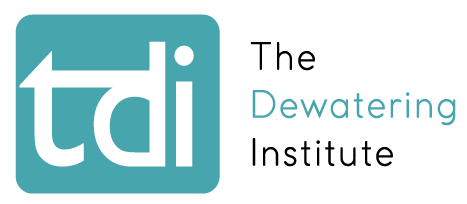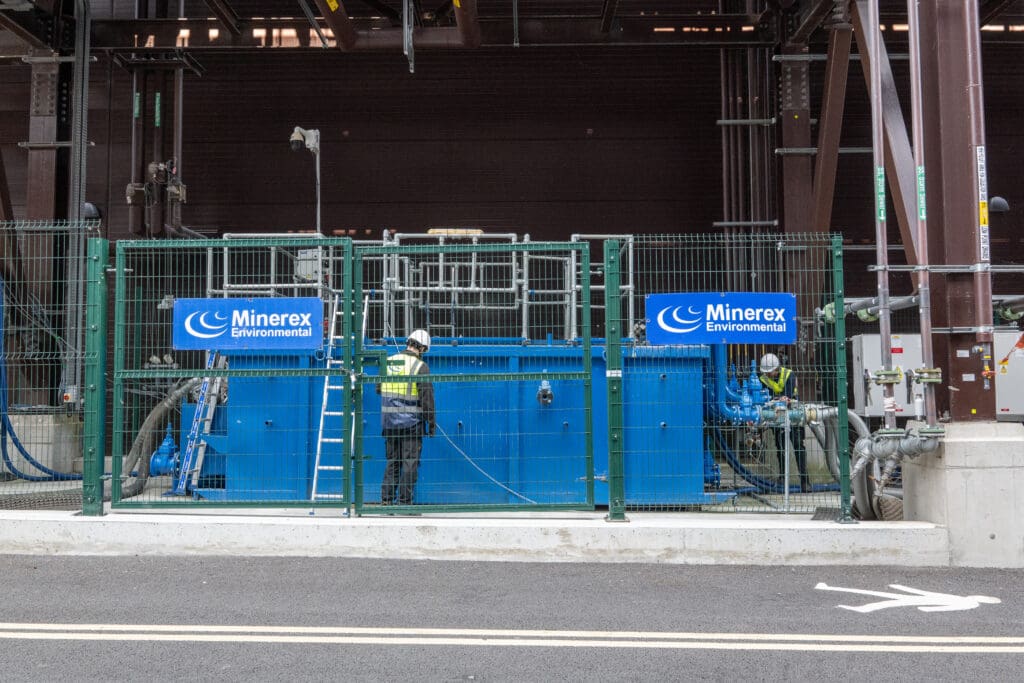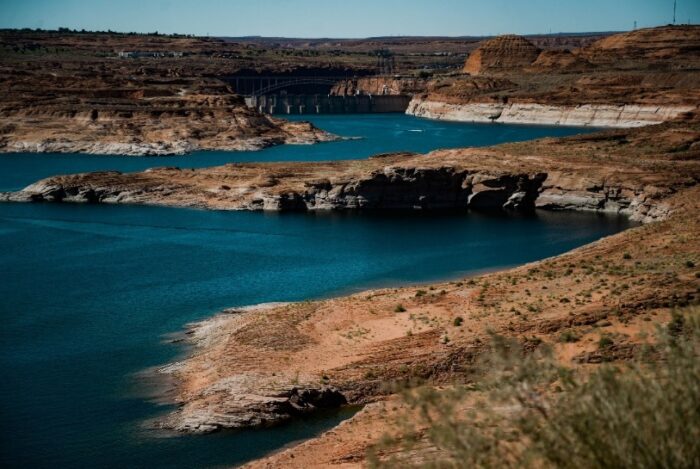As part of the The Dewatering Institute‘s commitment towards knowledge sharing, TDI is developing a series of monthly interviews of industry leaders and professionals from different parts of the world.
Our first interviewee is with Advisory Council Member Mr Peter Brooke, Regional Director for Strategic Sales & Marketing – Europe & Africa for FUGRO, who brings over 30 years of construction engineering experience, specialising in drilling, specifically the disciplines of waterwell; geotechnical and geothermal sub surface investigations.
Tell us about your work history and how you got into the dewatering industry?
Whereas most children have a rattle, my mother told me I cut my first tooth on a drilling bit! I am from a family of drillers, and as long as I can remember I have been around the geotechnical and water well industries. My father started his own company in the mid-80s in Kenya, and after leaving high school I joined him at the very green age of 19 to undergo a drilling engineer apprenticeship. After two years learning about all aspects of the business I graduated very quickly into project management, looking after large projects in very remote areas of East Africa. From there I went on to work for several NGOs in South Sudan, Tanzania and Uganda, drilling mainly rural water supply. I have experienced many adventures in my days in Africa, from having our drill site invaded by elephants, to being held up at gun point on the Somalia border!
After 12 exciting years, and with a young family in tow, I returned to the UK and did my first stint with Fugro. I was contracts manager on renewable waste energy projects, and later worked for a small independent during the boom for geothermal ground-sourced energy. The travelling bug returned and with my wife and 3 sons we headed out to the Middle East where I entered the world of construction dewatering. The scale and size of the projects in this region was immense and the learning curve very steep, but it was a great time and pivotal in my professional development. I re-joined Fugro in 2010 as Country Director in Qatar, and have progressed to my current remit looking after the Strategy Sales & Marketing for our Europe and Africa regions. I am currently based in West Yorkshire, UK.
You’ve worked all over the world. Do you have a favourite part of the world to work in and why?
Easy, Africa. The people, the culture, the wildlife, the adventure. My father still lives on a small farm on the outskirts of Nairobi and I have often returned over the years with my sons as they grew up.
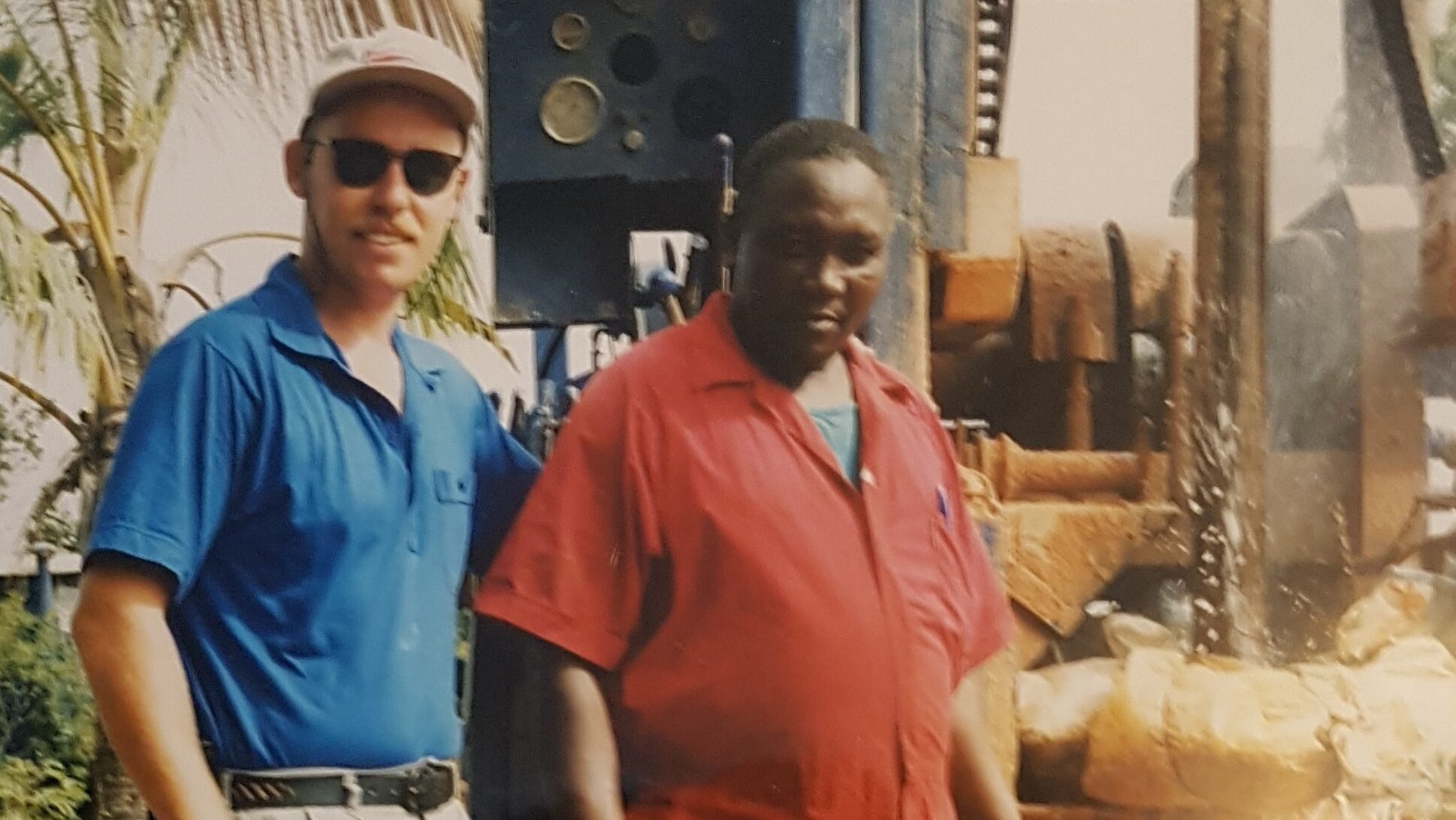
What is your favourite part of working in this industry?
Drilling really is in my blood, and regardless of your experience levels one can never know what you will encounter after you ‘spud-in’. I have drilled many thousands of holes and each is different and each brings a new challenge. My father used to joke that at least a surgeon can see what they are doing, but with drilling it’s all in the touch of the levers, and the studying of the gauges. Also, people. I cannot count the number of different nationalities I have worked with throughout my career, but that’s probably why I ended up in a client facing role, as I am always happy to talk to somebody new.
What has been your biggest learning experience or what is the biggest learning experience in this industry?
Dewatering specifically can be a very dangerous and risky venture. When I first arrived in Dubai I could see the vast differences in standards and quality in the dewatering world. Often regarded as a simple part of the construction phase, without the due care and attention of trained dewatering system engineers and hydrogeologists, then things can go horribly wrong very quickly. Fortunately for me I worked for WJ Groundwater, and our CEO at the time, Dr Toby Roberts was (and remains) on of the most eminent groundwater control specialists in the construction dewatering world. The installation of the abstraction well forms a key part of the dewatering design, and installation and design with the correct filtering system ensures you are removing groundwater and not moving solid material. Toby always said, If the wells are not constructed properly you end up mining and not dewatering, that’s where you can get into trouble. That has stuck with me throughout my drilling career.
What are the challenges you come across most in our industry?
Much like the geotechnical phase of the construction process, dewatering is very early in the piece, and clients keep a tight grip on the purse strings, with plenty of attention placed on early works. To treat these critical elements of the project as commodities is the biggest danger to any asset construction. The investment in a high quality geotechnical investigation, and a well-designed dewatering system can have huge fiscal and schedule benefits to the project. However, projects are often procurement driven and it becomes a challenge to convince clients to invest the right amount at the front end of their project. Geotechnical and dewatering phases of a major infrastructure project are anything between 0.1 and 1.5% of the total capital outlay, yet if not performed correctly can have significant cost and schedule impact that is very difficult to recover.
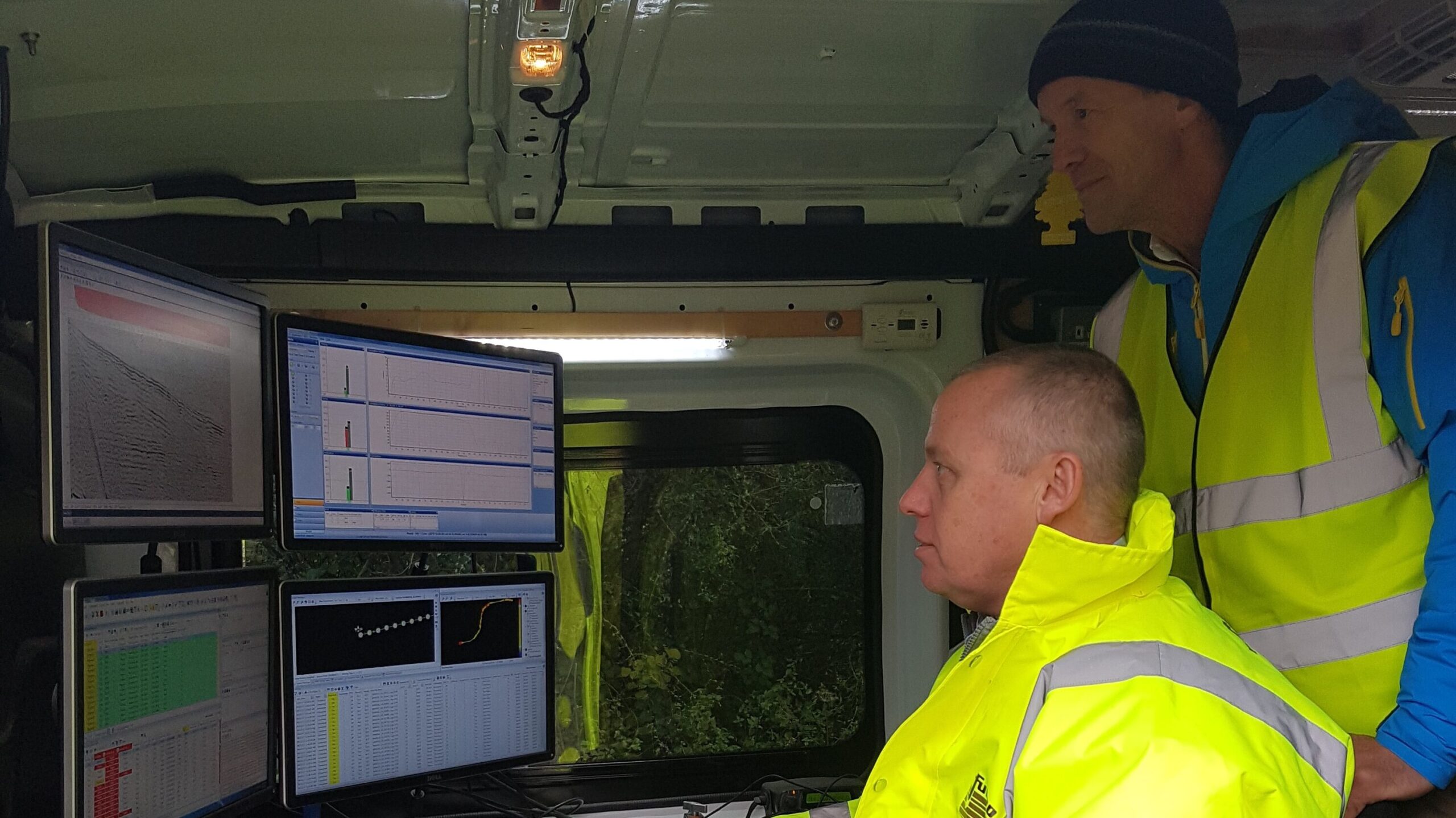
How have you seen the industry develop over the past decades?
The Middle East has become a hot bed for dewatering as structures get taller and assets are built deeper (like the underground metros in Doha and Riyadh). The need for experienced dewatering on a large scale has meant an increase in the supply chain, not only from the design aspect, but through contracting and suppliers of pumps, power sources and discharge materials. Major consultancy houses have increased their groundwater control capabilities and many specialist consultants are used in the market place. It has become a red ocean in many aspects, and that has resulted in what one could consider far too broad a range of standards. The local authorities in the region have made great strides in legislative procedures to control the industry, but to go back to my earlier concern, the supply chain and procurement driven projects have the potential to drive standards to a precarious place.
The industry needs to take a hard look at the investment it makes in a quality investigation so as to avoid unnecessary claims, safety issues and cost/schedule overruns due to unforeseen ground conditions that can be easily foreseeable.
How do you see technology playing part in the industry in the future?
The world is going through our latest industrial revolution, much different to the ones associated with my Yorkshire roots in the 1800s! This is very much a digital revolution driven by innovative technology and remote and autonomous solutions, combined with the digital transfer of data – this will be critical to the construction industry as a whole. With specific regard to dewatering, I can see automated monitoring, remote control of the systems, advanced modelling, combined with significant advance in drilling and pump technology playing a huge part in groundwater control in the future.
What do you think are the biggest challenges in the coming years for the industry?
The right level of investment in geotechnical investigations and groundwater control. The geotechnical and dewatering industries have long standing in construction, and are still regarded essential to the foundation design process. Cost overruns on major infrastructure projects across the globe whether it is high-speed rail, tunnels or highways are prevalent. There are numerous studies available explaining the causes, and ground conditions is one. Not having a clear understanding of the geological and/or hydrogeological properties of the ground on which you want to construct your asset can cause delays and damages, many orders of magnitude more than the cost of initial ground investigations. Industry needs to take a hard look at the investment it makes in a quality investigation so as to avoid unnecessary claims, safety issues and cost/schedule overruns due to unforeseen ground conditions that can be easily foreseeable.
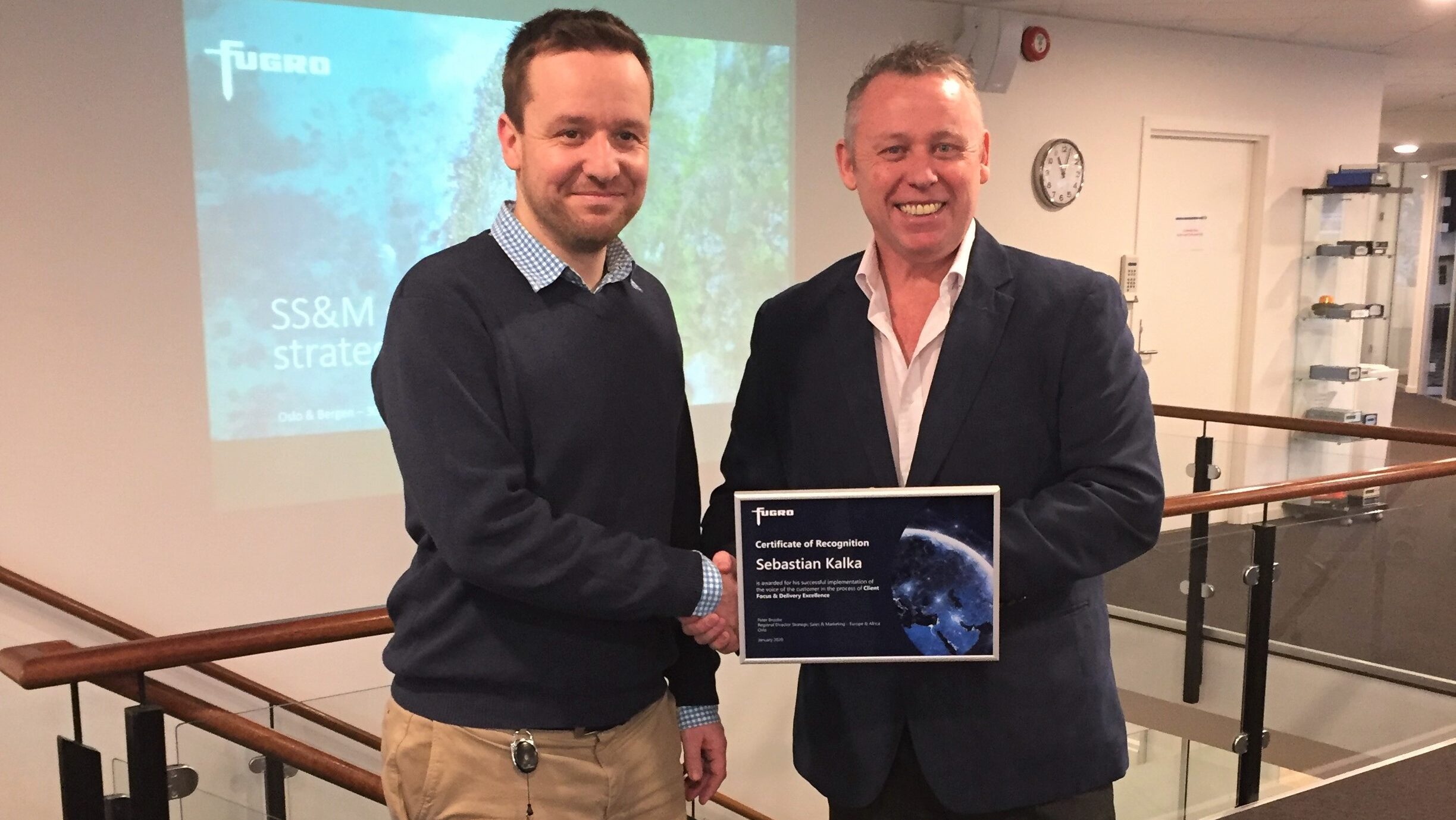
Why do you think TDI is important for the industry and how it can help the industry develop?
I have made several references to standards throughout this interview. Maintaining the standard of what we do on a daily basis to ensure the safe, efficient and professional development of a site is critical to raising the awareness and importance of the industry. This forum will bring together players from across the spectrum from consultants to suppliers, developers to contractors. Sharing information, best practice and overall networking can only help the industry in its journey into the digital revolution.
The Dewatering Institute will bring together players from across the spectrum from consultants to suppliers, developers to contractors. Sharing information, best practice and overall networking can only help the industry in its journey into the digital revolution.
What would you say to young people wanting to join the industry?
Throughout my career I have acquired a reputation for developing teams and promoting talent. There is nothing more refreshing than someone who wants to learn, and help them along that learning journey and their professional development. Any engineering path should be encouraged for the youth of today, but with a tip of the hat to my father, the investigation of the earth and it’s unknown properties is the most exciting job in the world.
Treat your fellow human beings with respect, and that will pay you back in spades.
What is your life motto?
Well, I guess that has changed as I get older, but one thing has remained constant: treat your fellow human beings with respect, and that will pay you back in spades.
